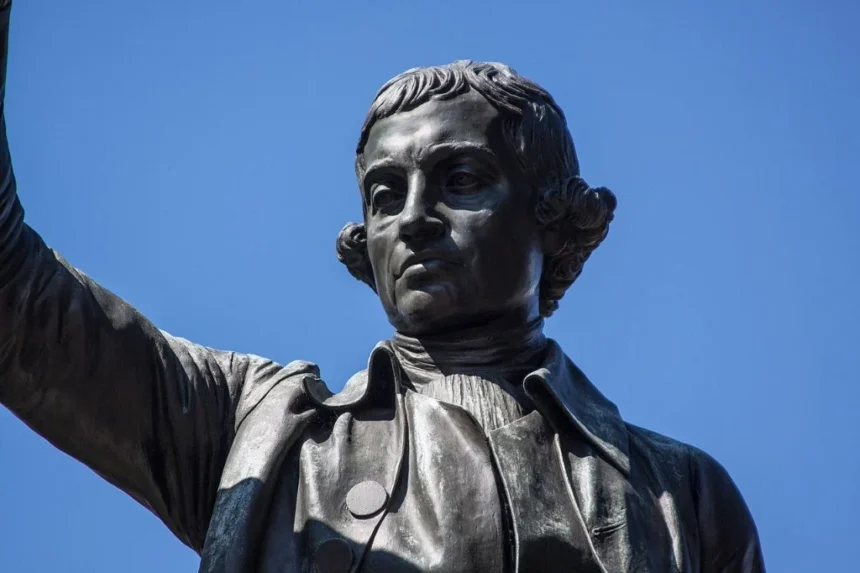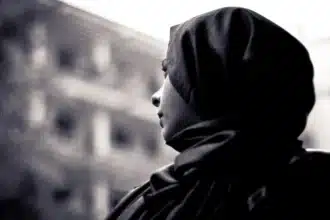Contemporary Europe seems to be divided between progressive cosmopolitans sympathetic to the European Union and the ideals of the Enlightenment, and counter-enlightenment conservative nationalists extolling the virtues of homelands threatened by globalized elites and mass migration.
Europe against Revolution seeks to uncover the roots of historically informed ideas of Europe, while at the same time underlining the fundamental differences between the writings of the older counter-revolutionary Europeanists and their self-appointed successors and detractors in the twenty-first century.
Inventing Europe
The Revolutionary Impact and Historical Reflection
Europe against Revolution examines ideas of Europe in the decades around 1800 when the European past was, as in the present, the topic of fierce discussion, contestation, and political (ab)use. These years were dominated by the, in the eyes of many contemporaries, shocking events of the French Revolution and its violent aftermath in Europe and beyond.
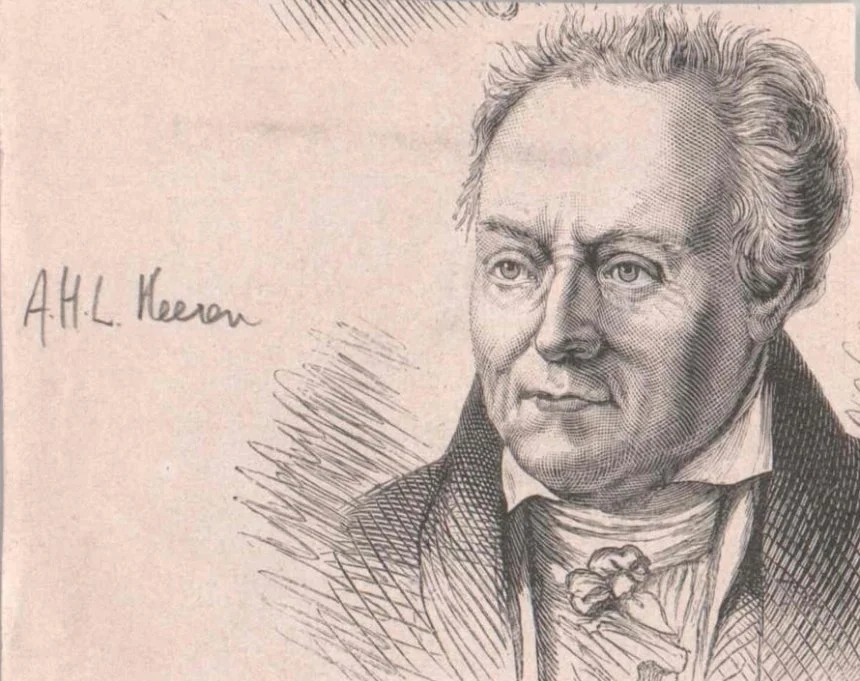
The European order, as well as Europe’s place in the world, was destroyed, rebuilt, and redefined at this moment. Perhaps comparable to the memory of World War II and the Holocaust in the twentieth century, the French Revolution, and particularly the Terror, acted as a ‘foundational past’ for inhabitants of the long nineteenth century until the First World War.
Overall the protagonists studied in this book did not reject the legacy of the Enlightenment but instead redefined it for their own purposes.
In the age of eighteenth-century revolutions, just as after the world wars of the twentieth century, contemporaries turned to history, that of their own lives as well as that of society, to make sense of a confusing and troubling world, where previously unimaginable possibilities as well as horrors had opened up.
The main thesis of this book is that the European past and the idea of Europe as an essentially ‘historical continent’ was (re)invented by the critics of the French Revolution as part of their ideological struggle against the Revolution, an imagined ‘Europe’ was positioned against ‘the Revolution’.
Counter-Revolutionary Construction of Europe
For these ‘counter-revolutionaries’, the Revolution stood for a false idea of freedom and democratic sovereignty, which led to anarchy and despotism at the same time.
In opposition to the new revolutionary world of universal principles, the counter-revolutionary publicists proclaimed the concept of a gradually developing European society and political order, founded on a set of historical and—ultimately divine—institutions that had guaranteed Europe’s unique freedom, moderation, diversity, and progress since the fall of the Roman Empire.
These counter-revolutionaries (ab)used and transformed an older historical narrative that had been developed in the preceding century by enlightened historians. Both the ‘Enlightenment’ and what is conventionally called the ‘Counter-Enlightenment’, or more historically accurate ‘anti-philosophy’, were sources of this counter-revolutionary construction of the European past. The importance of the decades around 1800 lay in the fact that these older Enlightenment histories became politicized in response to the perceived threat of Revolution to this European society.
The counter-revolutionaries would probably have been horrified by the ‘secular Christianity’ of many twenty-first-century West-European conservatives.
In these years of ideological conflict and war, the idea of European history and Europe as an essentially ‘historical continent’ was rethought and (re)constructed.
Although the world of the eighteenth- and early-nineteenth-century counter-revolution was radically different from our own, this counter-revolutionary ‘historical Europeanism’ has had a long afterlife and enjoyed revivals, still influencing the debate on the European past in the nineteenth, twentieth, and twenty-first centuries, as the final chapter of the book chronicles.
In Praise of Diversity
Key Elements of Counter-Revolutionary Narratives
The accounts of European history written by the counter-revolutionary protagonists of this book clearly show a great diversity in their choices of topics, actors, and events as well as interpretations. Nonetheless, four key elements keep re-appearing in their historical narratives of Europe in some form or another.
- Firstly, most authors studied here described Europe often as a ‘fragmented’ and dynamic continent uniquely shaped by pluriformity and diversity, and by contrasts and antagonisms. This European pluriformity was usually contrasted with the homogenous centralism and despotic unity found in Antiquity or in Asia.
- A second key element was the crucial role of ‘freedom’ in the European past. Freedom had been present in European history from its beginnings, all authors seemed to agree, but it was also constantly threatened. Obviously, the counter-revolutionary understanding of what this freedom entailed differed widely from the view of their revolutionary opponents, but they often used the same vocabulary.
- A third overall characteristic of European civilisation, according to its chroniclers, was the ‘moderate’ and bounded exercise of power and the moderation of manners and behavior. European monarchs, nobles, priests, and fathers uniquely from a global perspective did not strive for a despotic rule over their subjects, faithful, and children, or when they did, they were hindered in this ambition and encountered obstacles.
- A final and fourth general narrative element was the idea of a gradual progress of European civilisation towards a more evolved and complex society and culture. This progress was not understood in terms of a rupture with the past, but as a slow process, building on the foundation of ancient European institutions and traditions.
Varied Interpretations of European History
Although most authors studied here agreed on these four salient and enduring elements, they differed on the question of when European history had begun or which periods and centuries played a crucial role in the making of European civilisation.
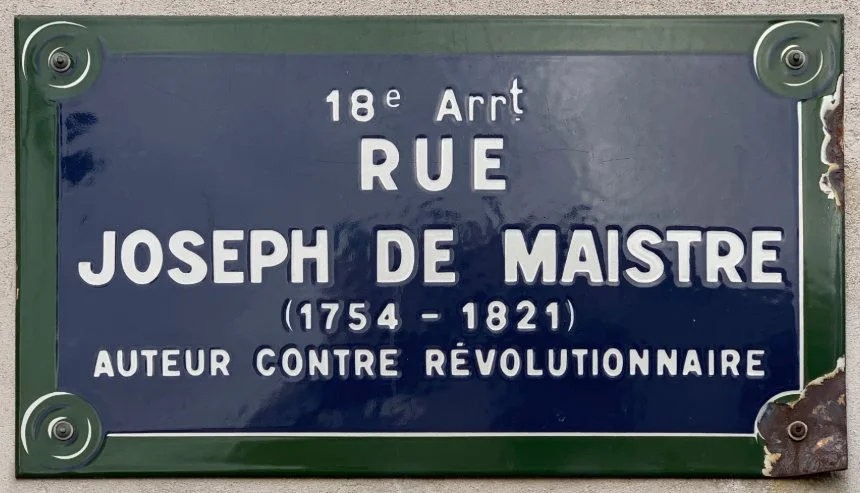
Most historians pointed to the fall of the (Western) Roman Empire and the Germanic invasions and the sixteenth century, but different and contrasting views were formulated on the contribution of the Greeks, Romans, and Hebrews. Varied interpretations were also put forward regarding the importance of, subsequently, the age of Charlemagne, the High and Late Middle Ages, the seventeenth- and, finally, the eighteenth centuries and the revolutionary and Napoleonic contemporary age as potential seminal epochs in the European past.
National conservatives frame the recent history of Europe as one of decline and betrayal by its cosmopolitan liberal elites.
‘Europe’ was thus predominantly viewed by counterrevolutionary Europeanists such as the Göttingen professor of History Arnold Heeren, the protagonist of the seventh chapter, as a civilisation uniquely determined throughout the centuries by political and cultural diversity within a common Christian and legal framework. European civilisation and political system consisted essentially of a careful and continuously evolving balance of different elements. This particular version of Europe and the European past is termed in the book the ‘pluralist narrative’, although this word evidently was not used by contemporaries themselves.
‘Pluralism’ or ‘diversity’ is understood here thus as the idea that European history was shaped from its earliest beginnings onwards by political, economic, and cultural decentralisation and division. This fragmentation was, for Heeren and other historical Europeanists studied in the book, valued positively and considered the main factor explaining the development of Europe’s unique ‘civilisation’, ‘moderation’ and ‘freedom’.
Present and Past
National Conservatism in the 21st Century
In the early twenty-first century, self-proclaimed ‘national conservatives’ such as the Hungarian prime minister Viktor Orbán and the Italian prime minister Giorgia Meloni, despite their different outlooks and backgrounds, all share a view of ‘European civilisation’ as essentially consisting of homogeneous and primordial national states currently under threat from a deadly cocktail of mass migration of non-Europeans supported by a liberal political international order and rootless capitalism.

They mostly defend a certain Christian-inspired and antimodern nationalism as the true European historical heritage, which was in need of protection against its mortal enemies.
A further common element uniting these self-proclaimed conservative nationalists is the hostility and criticism towards the European Union in its current form and the postwar process of European integration.
The counter-revolutionary Europeanists of the revolutionary age differed markedly from their self-appointed successors in later centuries.
National conservatives frame the recent history of Europe as one of decline and betrayal by its cosmopolitan liberal elites.
The German Alternative für Deutschland (AfD) party has once again started to invoke the concept of a (secular) Christian Abendland under threat from an invasion of Islamic migrants.
Dutch maverick politician Thierry Baudet, after winning the Dutch provincial elections on 20 March 2019, gave an infamous speech in which he invoked the ruins of a once-proud European civilisation.
The political and intellectual elites had caused the downfall of this exceptional civilisation through their ‘oikophobia’, or a loathing of one’s native culture, a pathology allegedly unique to Western elites. However, Baudet also brought a message of hope and redemption. Like Hegel’s owl of Minerva, spreading its wings only at the falling of dusk, the Dutch electorate had realised at the eleventh hour that radical change was necessary and put their trust in a new messiah, Baudet himself. Other European self-proclaimed antiliberal politicians also urged a regeneration of Europe by returning to its primordial, national, and—in many but not all cases—Christian roots.
Differences from Historical Counter-Revolutionaries
This study makes clear that the counter-revolutionary Europeanists of the revolutionary age differed markedly from their self-appointed successors in later centuries. To begin with, counter-revolutionaries around the turn of the century were certainly not ardent nationalists, who were as horrified by ‘cosmopolitanism’ as the new ‘national conservatives’ of the twenty-first century. On the contrary, they regarded unqualified expressions of ‘nationalism’ and ‘patriotism’ as excessive, immoderate, and fanatical.
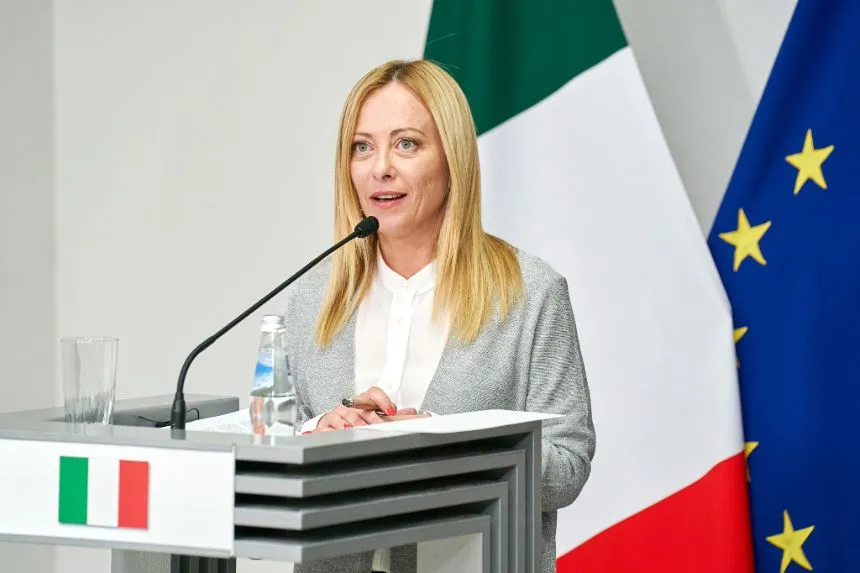
A concept such as ‘national conservatism’ would thus be incomprehensible for them. Also, they primarily associated the glorification of the nation state and state power with their ideological enemies, the revolutionaries. The counter-revolutionary authors in this study in general strove for a new synthesis of ‘enlightened cosmopolitanism’ with loyalty to the patria, whether this was a country, a city, or an entity like the Holy Roman Empire.
Counter-revolutionary Europeanists, perhaps counter-intuitively, moreover, overall, did not aim for a return to a primordial order of European civilisation, as the twenty-first century ‘conservatives’ often do. They regarded the Revolution instead as a threat to a gradual development and improvement of European institutions, whose reform they generally applauded. Being often migrants, refugees, and exiles themselves, they did not entertain an anti-immigration discourse.
Also, the populist criticism of a ‘treacherous elite’ cannot be found in their works: these counter-revolutionaries blamed, by contrast, the revolutionaries for giving ‘uncultured’ common people who were unable to control their emotions a say in political debate, leading to anarchy and despotism. Instead, they aimed for the legitimation of the traditional elites and their property, as well as the historical institutions, against the onslaught of mass politics.
Furthermore, although anti-philosophical elements can be found in their works, overall the protagonists studied in this book did not reject the legacy of the Enlightenment but instead redefined it for their own purposes. Only in their fear of cultural decadence and striving for moral and spiritual renewal, can we find some similarities with their self-appointed homologues in the twenty-first century, but these ideas can also be found among the revolutionaries as well.
Finally, this moral regeneration was firmly understood from the framework of the Church, the institute of the papacy and the Christian religion. The counter-revolutionaries would probably have been horrified by the ‘secular Christianity’ of many twenty-first-century West-European conservatives, regarding it as the ultimate triumph of the revolutionary ideology.


